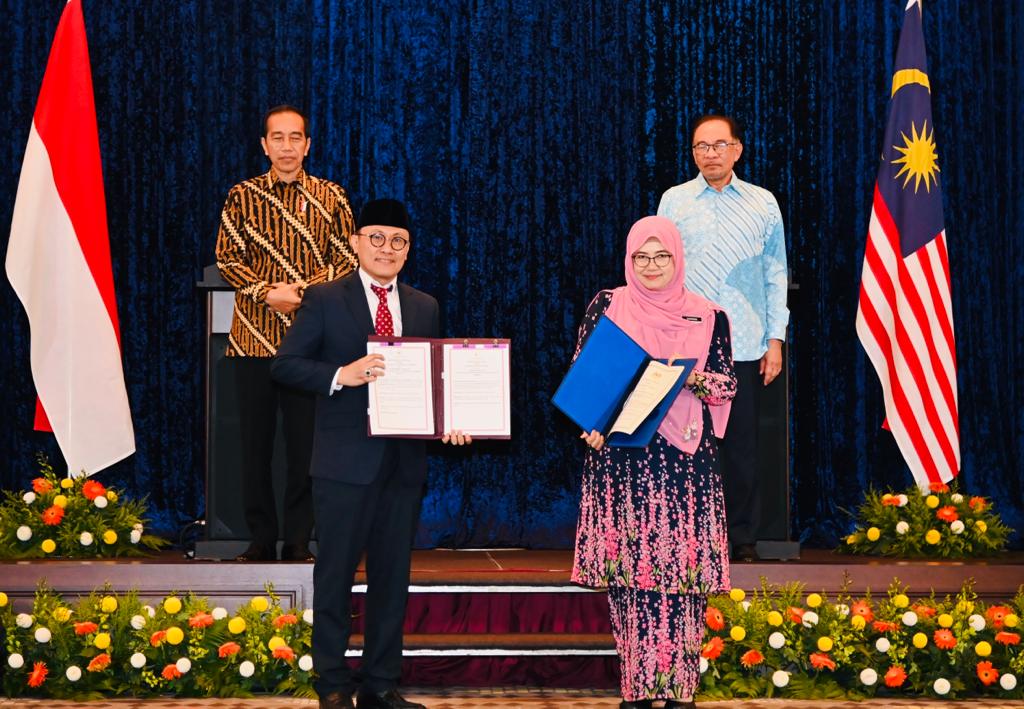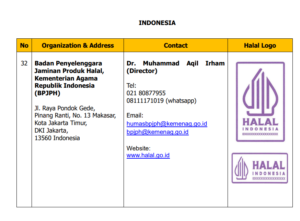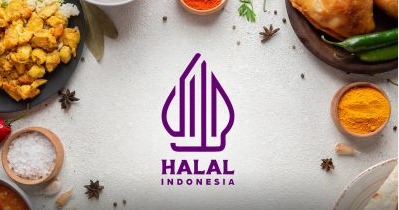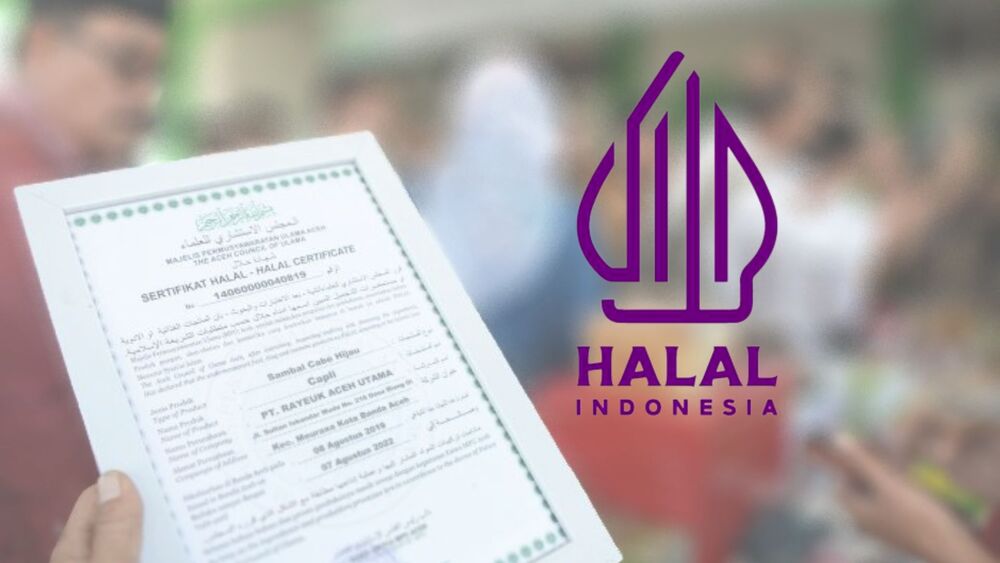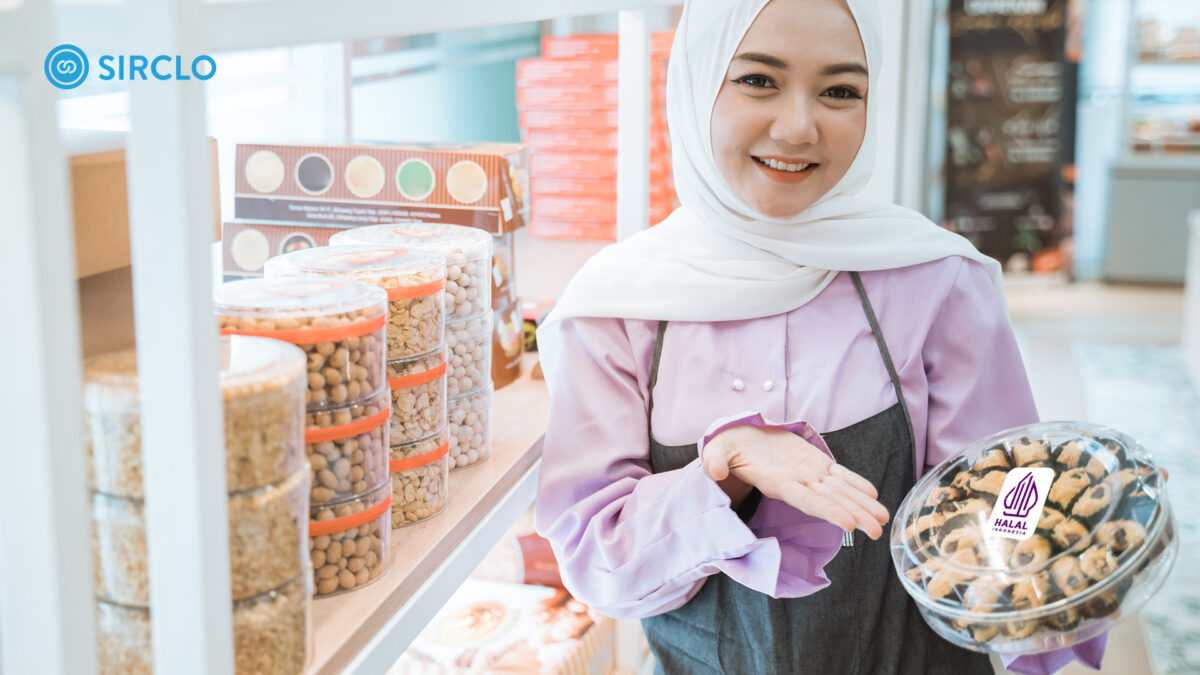LPPOM MUI Changed Into BPJPH
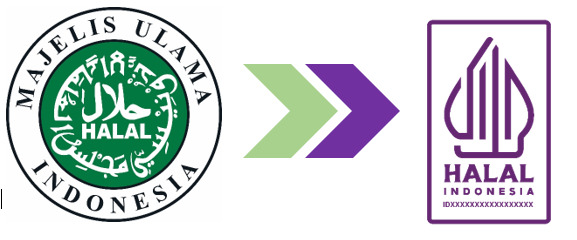
Share Post
CENTRALIZED AUTHORITY FOR HALAL CERTIFICATION IN INDONESIA
LPPOM MUI CHANGED INTO BPJPH
Indonesia, as one of the global leaders in the halal industry, continues to make significant advancements in enhancing halal certification and regulations within the country. In the latest development, the Indonesian Halal Product Assurance Organizing Agency (BPJPH) has established itself as the centralized authority, replacing the previous body known as LPPOM MUI (The Food, Drug, and Cosmetic Assessment Institute of the Indonesian Ulema Council).
These recent developments aim to strengthen the halal ecosystem and cement Indonesia’s position as a key player in the halal market. Since October 17, 2019, the transition from LPPOM MUI to BPJPH has been effective, signifying a pivotal shift in halal certification procedures.
Validity of BPJPH Halal Certificates
Starting from March 1, 2022, halal certificates and logos issued by BPJPH are now valid. This compliance is in accordance with Law Number 88 of 2022 on the Use of Halal Labels for Products that have obtained Halal Certification and Law Number 40 of 2022 on the Determination of Halal Labels.
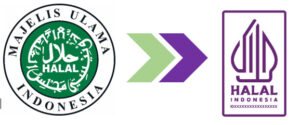
Clear Guidelines for Halal Labels
These changes provide clear guidelines for businesses regarding the use of halal labels. All products are required to display the BPJPH logo by no later than February 2026. Companies can seamlessly adopt the BPJPH halal logo when replacing labels or when existing labels are depleted. Halal certificates issued by LPPOM MUI remain valid until their expiration.
With the BPJPH as the centralized authority for halal certification, the certification process becomes easier, more transparent, and standardized across various sectors. This provides convenience for companies seeking halal certification with efficient procedures. These changes demonstrate Indonesia’s commitment to strengthening the halal industry and maintaining its position as a global leader in the halal market.
For further information on the application procedures, please contact us at ihcshalal@gmail.com
